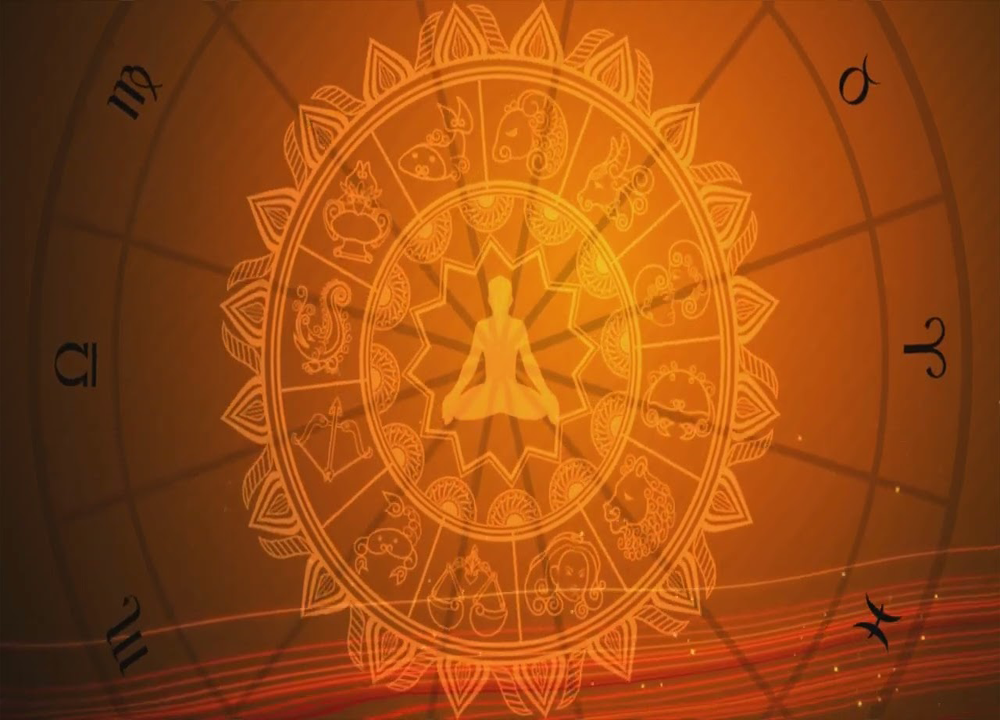Introduction to Astrologers and Pandits
Astrologers and pandits hold significant positions in Indian society, deeply rooted in cultural and historical contexts. An astrologer, often referred to as a jyotishi, is a practitioner of astrology, an ancient discipline that interprets celestial bodies and their movements to predict and provide insights into various aspects of human life. From personal guidance to making important life decisions, astrologers are consulted for their expertise in understanding planetary influences and their potential impacts on individuals and events.
On the other hand, a pandit, or pundit, traditionally serves as a scholar and practitioner of Hindu religious rituals and ceremonies. These learned individuals are well-versed in Vedic scriptures, Sanskrit, and the intricate rituals that form the core of Hindu worship and cultural practices. Pandits play a central role in conducting rites of passage, such as weddings, naming ceremonies, and funerals, as well as in performing daily worship and seasonal festivals. Their deep knowledge of religious texts and rituals ensures the preservation and transmission of cultural heritage.
Both astrologers and pandits are revered for their wisdom and guidance, albeit in different spheres. While astrologers provide insights into personal and cosmic realms, pandits are custodians of religious and cultural traditions. The general perception of these roles underscores their importance in navigating life’s challenges and celebrating its milestones. Astrologers offer counsel based on astrological charts and planetary positions, often aiding in making informed decisions about career, relationships, and health. Meanwhile, pandits ensure the proper observance of rituals and ceremonies, fostering a sense of community and continuity within the cultural fabric.
Understanding the distinct yet complementary roles of astrologers and pandits provides a foundation for appreciating their contributions to Indian society. As we delve deeper into their specific functions, the nuanced differences and unique responsibilities of each role will become more evident, highlighting their indispensable presence in various facets of life.
Roles and Responsibilities of Astrologers
Astrologers play a pivotal role in the realm of metaphysical sciences, utilizing their expertise in celestial bodies and astrological charts to provide insightful guidance on various facets of life. Their primary responsibility involves interpreting the positions and movements of planets, stars, and other celestial entities to predict and analyze life events. This practice, known as astrology, is rooted in the belief that the cosmos influences human experiences and behaviors.
Different branches of astrology, such as Vedic, Western, and Chinese astrology, offer unique perspectives and methodologies. Vedic astrology, originating from ancient Indian scriptures, emphasizes the lunar calendar and employs a sidereal zodiac system. Conversely, Western astrology, prevalent in the Western world, utilizes the tropical zodiac and is primarily sun-sign based. Chinese astrology, on the other hand, relies on a twelve-year lunar cycle, each year associated with an animal sign.
Astrologers engage in a variety of services to assist individuals in navigating their lives. One of the most common services is horoscope readings, where an astrologer interprets an individual’s birth chart to provide personalized insights into their personality, strengths, weaknesses, and future potential. These readings can address specific life areas such as career prospects, health concerns, relationship compatibility, and financial stability.
Compatibility analyses are another significant aspect of an astrologer’s responsibilities. By comparing the astrological charts of two individuals, astrologers can assess the potential harmony and challenges within a relationship, whether it be romantic, familial, or professional. This information can be invaluable for those seeking to understand their interpersonal dynamics better.
Moreover, astrologers often help clients select auspicious dates for important life events, such as weddings, business ventures, and travel. By identifying periods of favorable planetary alignments, astrologers aim to enhance the likelihood of success and mitigate potential obstacles.
Through their profound understanding of celestial influences, astrologers offer a unique blend of guidance and prediction, empowering individuals to make informed decisions and align their actions with cosmic rhythms.
Roles and Responsibilities of Pandits
Pandits hold a significant place within Hindu society, serving as religious scholars and priests dedicated to upholding and perpetuating Hindu traditions. Their primary role is to perform various rituals and ceremonies, deeply rooted in the Vedic scriptures. These rituals encompass a wide range of life events, from the joyous celebrations of weddings to the solemn observances of last rites. Each ceremony necessitates a profound understanding and meticulous adherence to religious protocols, which pandits are uniquely equipped to provide.
One of the core responsibilities of a pandit is conducting pujas, which are devotional prayers and offerings to deities. These rituals can be performed for numerous purposes, including seeking blessings, removing obstacles, or expressing gratitude. Pandits also officiate at samskaras, which are rites of passage marking significant milestones in an individual’s life. These include naming ceremonies (Namkaran), thread ceremonies (Upanayana), and marriage ceremonies (Vivaha). The expertise of pandits in these rituals ensures their proper execution, which is believed to invoke divine favor and spiritual harmony.
The knowledge that pandits possess extends beyond ritualistic practices. They are well-versed in Vedic scriptures, Sanskrit, and a spectrum of religious texts, enabling them to offer profound spiritual insights and guidance. This scholarly foundation allows them to interpret and explain the intricate philosophies embedded within Hinduism, making them invaluable sources of wisdom for their communities. They often provide spiritual counseling to individuals and families, helping them navigate life’s challenges with a perspective grounded in ancient wisdom.
Furthermore, pandits serve as custodians of tradition, preserving and passing down religious practices from one generation to the next. Their role as educators is crucial, as they teach the younger generation about the significance and proper conduct of rituals, ensuring the continuity of cultural and spiritual heritage. In essence, pandits are not only performers of sacred rites but also stewards of spiritual knowledge and community well-being.
Comparative Analysis: Astrologers vs Pandits
Astrologers and pandits both hold significant positions in the spiritual and cultural spheres, yet their roles and expertise cater to distinct aspects of life’s journey. Astrologers primarily focus on the study of celestial bodies and their impact on human affairs. They utilize astrological charts, horoscopes, and planetary positions to provide insights into an individual’s future, personality traits, and potential life events. This practice, deeply rooted in Vedic traditions, aims to guide individuals in making informed decisions through the interpretation of cosmic influences.
In contrast, pandits are traditionally regarded as scholars of Hindu rituals and scriptures. They possess extensive knowledge of the Vedas, Puranas, and other sacred texts, and are often sought after for performing religious ceremonies, including weddings, pujas, and other rites of passage. Their expertise ensures that these rituals are conducted according to ancient traditions, thereby preserving cultural and religious heritage.
Despite their distinct areas of focus, astrologers and pandits share common ground in their commitment to spiritual guidance. Both play pivotal roles in helping individuals navigate life’s complexities, albeit through different methodologies. While an astrologer might offer predictions and advice based on planetary alignments, a pandit provides spiritual support and performs rituals that seek divine blessings and auspicious outcomes.
There are instances where the functions of astrologers and pandits overlap. For example, an astrologer might recommend specific rituals or ceremonies to mitigate negative planetary influences, often referring clients to a pandit for their execution. Conversely, a pandit might consult an astrologer to determine the most auspicious timing for performing important ceremonies.
Choosing between consulting an astrologer or a pandit ultimately depends on the individual’s specific needs. If one seeks insights into personal destiny, compatibility, or timing of events, an astrologer would be the appropriate choice. Alternatively, for performing religious rituals, seeking blessings, and adhering to traditional practices, a pandit’s expertise would be indispensable. Understanding the unique contributions of both can help individuals make informed decisions, ensuring their spiritual and cultural requirements are met effectively.





